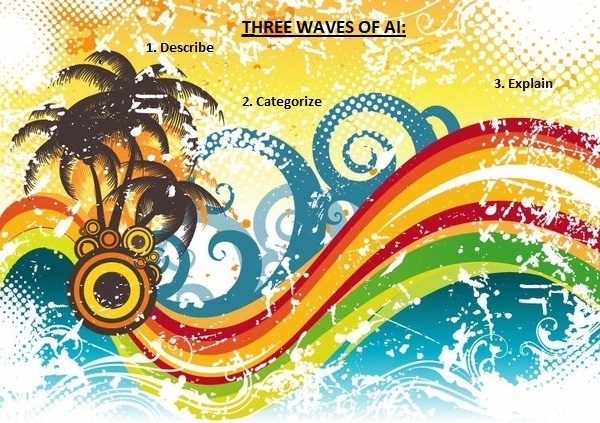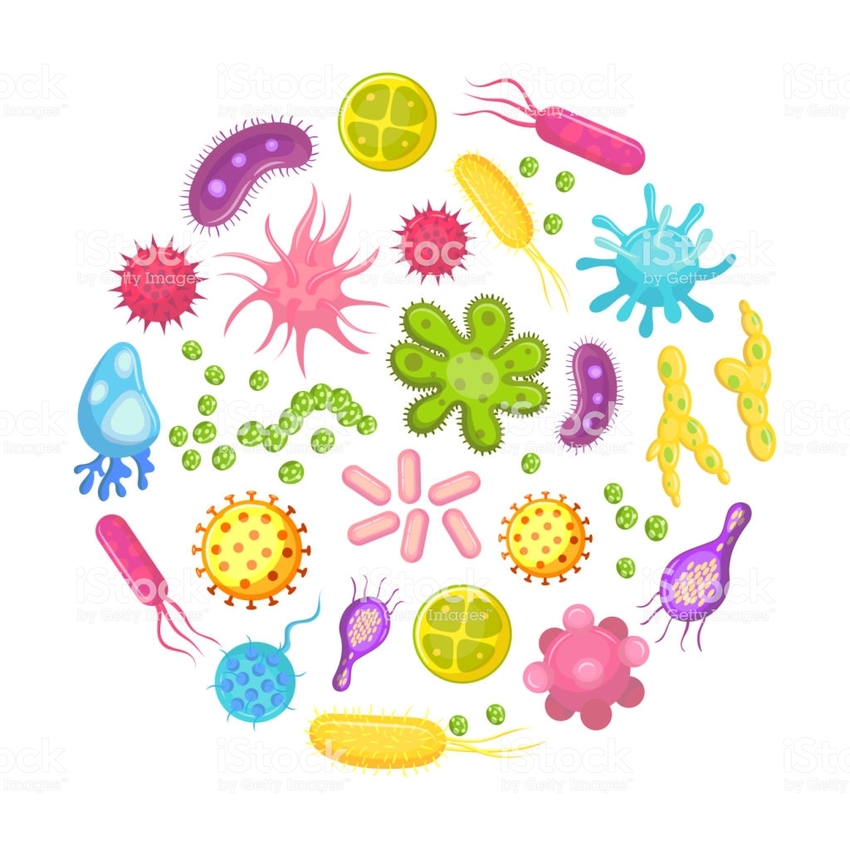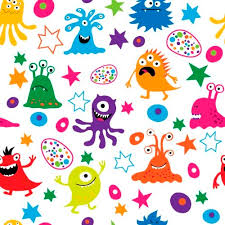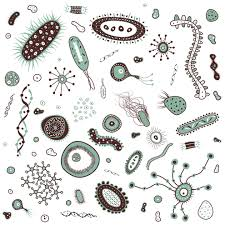A “Tsunami” of Ai is Coming to Health Care
Oct
1
 1. Describe - handcrafted, rule based, symbolic knowledge.
1. Describe - handcrafted, rule based, symbolic knowledge.2. Categorize - deep neural network, statistical learning.
3. Explain - contextual adaption, perceived learning and reasoning.
On October 01, 2019, his company Viome was given a highly coveted endorsement in the form of research published about "A Robust Metatranscriptomic Technology for Population-Scale Studies of Diet, Gut Microbiome, and Human Health" in the International Journal of Genomics (Volume 2019, Article ID 171874 about Viome Inc., Los Alamos, NM 87544, USA). The report states that "Humans have co-evolved with the microbiome and have become dependent on its biochemical output, such as certain vitamins and short-chain fatty acids". (see full report, https://doi.org/10.1155/2019/1718741 ).
16S rRNA VS. METATRANSCRIPTOMIC SEQUENCING:
The report explains in detail the chasm of difference between the 16S r RNA and metatranscriptomic sequencing.
16S rRNA gene sequencing tracks a small portion of the prokaryotic 16S ribosomal RNA gen, but does not measure the biochemical functions of the microorganisms or distinguish living from dead organisms. It also excludes some bacteria, most archaea, and all eukaryotic organisms and viruses, resulting in a limited view of the gut microbiome ecosystem, according to the October 1 report.
Metatranscriptomic analysis (metatranscriptomics, RNA sequencing, and RNAseq) offers insights into what the gut microbiome are actually doing and why and how they are doing it. Viomega can make classifications based on a database of 110,000 microbial genomes, and quantitative microbial gene expression analysis using a database of 100 million microbial genes. "The biochemical activities of the gut microbiome by quantifying expression levels of active microbial genes, allowing for the assessment of pathway activities, while also providing strain-level taxonomic resolution for all metabolically active organisms and viruses," says the report. Viome's Viomega now makes this process affordable as well for the first time.
Naveen Jain founded Viome in 2016, a leading personalized microbiome gut sequencing technology company that uses deep machine learning and data science to offer optimal health care solutions for its customers. One of Jain’s “Moonshot” goals is to “truly make illness optional.” To do so, we must “think like the future has already arrived.”
Health care is one of those key global challenges facing this generation. The wholistic approach to wellness that has prevailed for centuries in Asia is being explored in a much broader scale with advanced Ai (artificial intelligence), data science, and other technology by the scientific communities in the U.S. and elsewhere that were not available to previous generations.
What Jain and his team at Viome are using Ai to discover a deeper and more detailed understanding of the mind and body. "Ai is going to play the biggest role because there is so much more data that no humans can ever process," he said.








